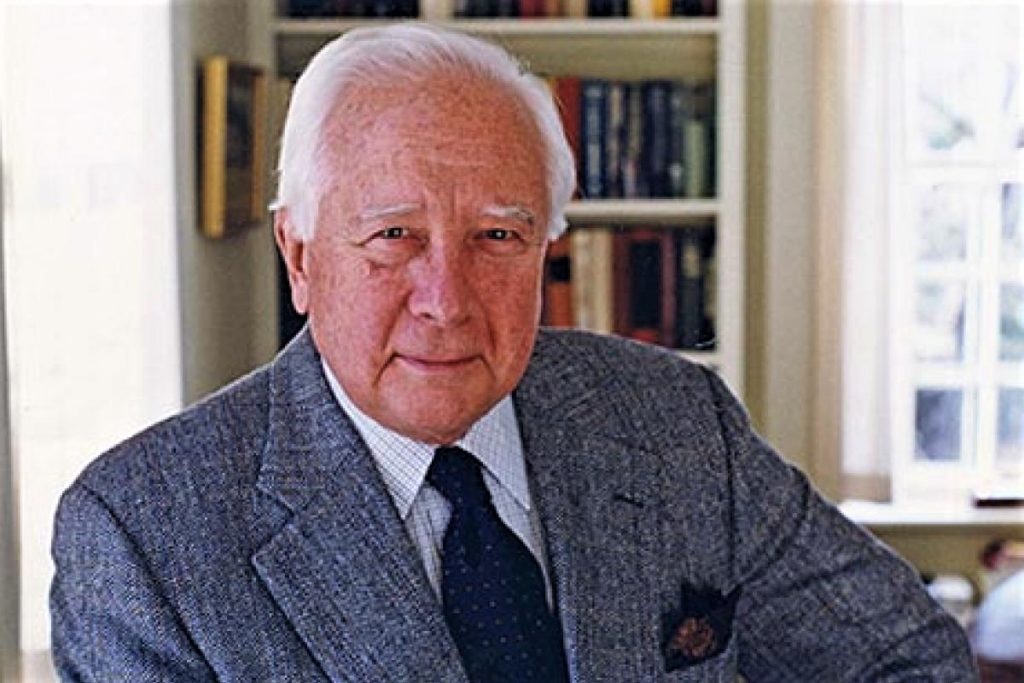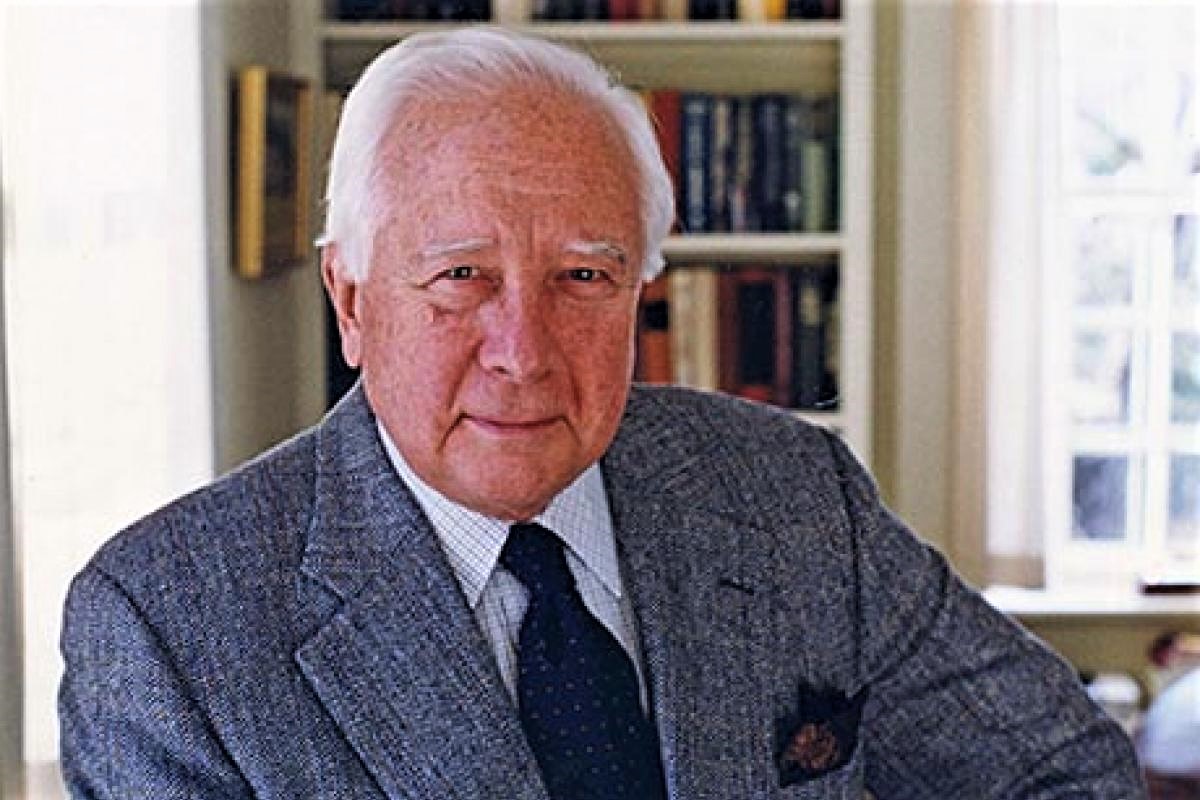
Of all the books written by historian David McCullough the book I return to is a compilation of his speeches. The American Spirit offers exactly what its title implies and at this moment, we need a big dose of that spirit more than ever.
In a speech to Dartmouth College in 1999, McCullough draws inspiration from a line in the popular French children’s book, The Little Prince: “what’s essential is what’s invisible.”
McCullough points to Washington’s integrity, Lincoln’s “depth of soul,” Harry Truman’s courage, Kennedy’s courage and charm, and Reagan’s optimistic presence “in almost any circumstance.”
Speaking of Republican president, Gerald Ford in his inaugural address, democratic president Jimmy Carter took time for a special acknowledgement.
“For myself and for our nation,” Carter said, “I want to thank my predecessor for all he has done to heal our land.”
“What a moment it was for the country,” McCullough writes.
Carter was sincere, proud even, that Ford took the courageous step of pardoning Richard Nixon, not for personal reasons based on an alleged deal with Nixon, but for the sake of the country’s moral health.
That inner substance they all had in common was character, that one incorruptible right-mindedness. Character is that invisible essential that has always been a large part of building America’s democracy.
It was character that brought about an end to slavery, ended monopolistic business practices, and brought about the Civil Rights Act. It was Franklin Roosevelt who said, “The only thing we have to fear is fear, itself,” and then went about creating a series of work programs that pulled America out of a deep depression.
In the past, moral leadership in America has proven that we can survive crisis after crisis if we stand together. But it takes a commitment to reasoning and truth. It takes an unwavering resoluteness by leaders to stand by the Constitution no matter which way the political winds blow.
In Profiles in Courage, John F. Kennedy wrote, “Compromise need not mean cowardice. Indeed, it is frequently the compromisers and conciliators who are faced with the severest tests of political courage as they oppose the extremist views of their constituents.”
In an interview with TIME magazine, McCullough was asked if he chose to publish his book because of Donald Trump. “Yes. But let me stress: I never mention his name in the book. I’m talking to all Americans. We have to remind ourselves of what we believe in,” McCullough said, “in the way of standard behavior, standard dedication, standard patriotism. And in order to do that, you have to understand history.
“I’m talking as much to the people who voted for him as much as the people who voted against him. Let’s get this momentary spasm we’re going through over with as soon as possible and out of our minds. We have to try to figure out how to get back on track.”
Kennedy offers one way.
“A democracy with this effort by its people must and can face its problems, that it must show patience, restraint, compassion, as well as wisdom and strength and courage, in the struggle for solutions which are very rarely easy to find.”
Despite the conflicts we face, McCullough expresses optimism that is inherent in the American experiment. He reminds us of America’s faith—faith in its constitution, its system of government, faith in ourselves.
With patience, restraint, compassion, strength and courage—we can find that faith again.
What’s essential is what’s invisible.
Comments
Leave a Comment












Well worded Jim: “Moral leadership in America has proven that we can survive crisis after crisis… But it takes a commitment to reasoning and truth…”